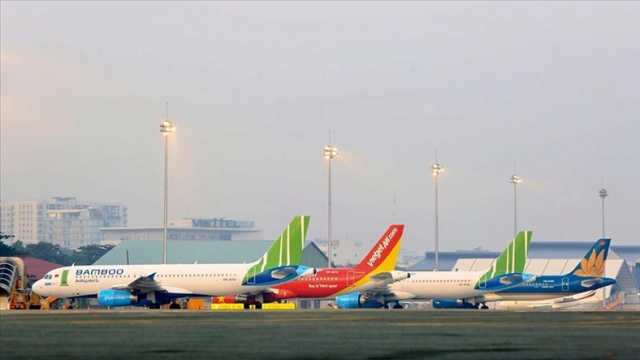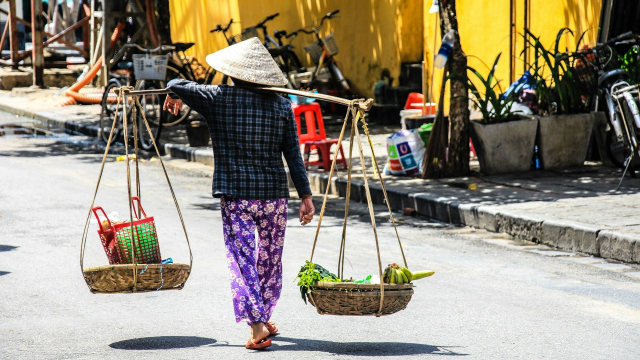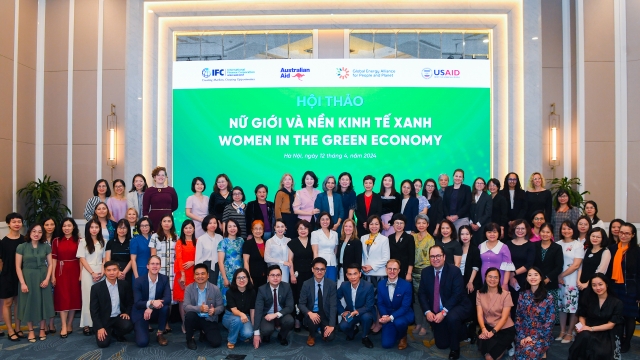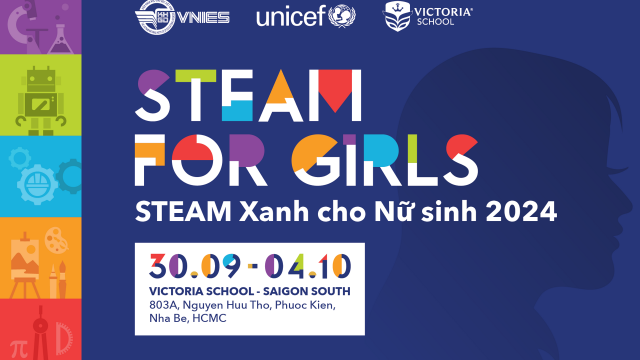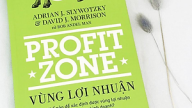National Focus
Winners and losers during coronavirus outbreak
There is a trend towards categories like instant noodles, frozen food, sterilized sausage and packaged water and packaged food.
Appearing at the end of 2019, the Covid-19 is spreading rapidly across the world. This virus not only impacts people in other countries but also makes Vietnamese consumers feel afraid, resulting in a significant impact to their living and consumption habits.
With the increase in stocking up at home, there is a trend towards categories like instant noodles (increases 67 per cent compared to 52-week average), frozen food (+40 per cent) and sterilized sausage (+19 per cent).
Packaged water and packaged food are also on the upward trend, according to survey conducted by Nielsen Vietnam, in conjunction with Infocus Mekong Mobile Panel.
In addition, personal care , including mouthwash (+78 per cent), personal wash (+45 per cent) and facial tissue (+35 per cent) as well as home care witnessed an increase in consumption because of people taking extra care to protect themselves from Covid-19 through focus on washing and cleaning.
“Marketers can capitalize on this trend by inducing the consumers to continue with the good habit for a longer term. This can be done by educating the consumers about the benefits and also with the right market strategy of being available at the right outlet and at the right price,” said Mohit Agrawal, head of consumer insights Nielsen Vietnam.
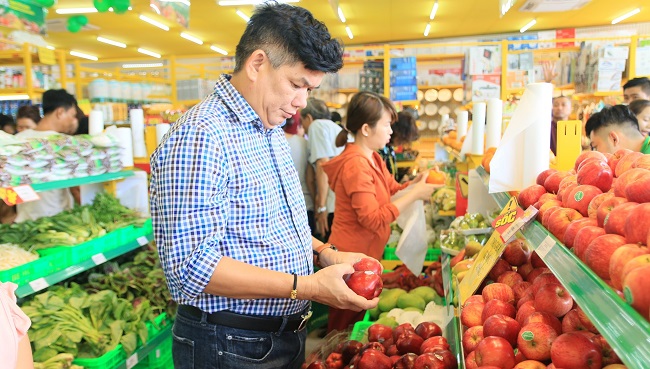
On the other hand, people have tended to shy away from fresh meat, vegetables and seafood during this disease outbreak. As for beverages, beer and soft drinks (other than water) saw a decline in consumption.
Nguyen Anh Dzung, head of retail measurement services Nielsen Vietnam, said: “There is obvious impact of Covid-19 to consumer life, however we can expect the quick recovery given the high level of consumer confidence in Vietnam. Consumption can bounce back relatively quickly after the outbreak, so retailers and manufacturers need to prepare enough supply for this time.”
Covid-19 impacts shopping and out-of-home consumption. According to the survey, 45 per cent of respondents have said that they are stocking up with more food at home than before. Brick and mortar channels have been impacted, as over 50 per cent of people have reduced their frequency of visits to supermarkets, grocery stores and wet markets.
Besides this, 25 per cent of respondents said that they have increased their online shopping and have reduced their out of home consumption occasions.
“Vietnamese now are spending more time online and doing are also shopping more online. This provides an opportunity for marketers to be aggressive with their digital strategies and should have a stronger and visible presence online,” said Mohit Agrawal.
In general, this survey shows the result that Vietnamese are highly aware of the source and symptoms of Covid-19. They continue to follow news updates of the disease multiple times per day (65 per cent) with the top three information sources including social media (82 per cent), text messages from the Ministry of Health (79 per cent) and news on TV (78 per cent).
Vietnamese are not just drawing the line at awareness; they are taking actions to protect themselves from this disease. They wear a mask whenever they go out of home (89 per cent), wash their hands frequently with soap (87 per cent) and avoid public places or crowded places (81 per cent).
As can be seen from consumer feedback, Covid-19 has impacted significantly on the general behaviors of the Vietnamese. More specifically, 47 per cent people changed their eating habits while 60 per cent of them have altered their entertainment/fun activities.
70 per cent of Vietnamese had to re-evaluate their travel plans and 44% of them feel their income has been impacted.
As for media, Vietnamese people have also changed their daily media habits due to Covid-19. 40 per cent Vietnamese said they spent more time watching TV and 35 per cent spent more time watching online content.
Vietnam’s aviation sector hit hard by Covid-19 outbreak
Resolution 68: A turning point in Vietnam's private sector policy
As Vietnam sets its sights on becoming a high-income country by 2045, Resolution 68 lays a crucial foundation. But turning vision into reality requires not only good policy - but also unwavering execution, mutual trust and national unity.
Vietnam plans upgrade of Gia Binh airport to dual-use international hub
Vietnam plans to upgrade Gia Binh Airport in Bac Ninh province into a dual-use international airport to support both military and civilian operations, the government said on Friday.
Lives under the scorching sun: Outdoor workers racing against climate change
Under unforgiving conditions, the outdoor workers - the backbone of urban economies - endure the harshest impacts of climate change while remaining overlooked by social safety nets. Their resilience and struggles highlight the urgent need for better protection in the face of rising temperatures and precarious livelihoods.
CEO Group chairman unveils guide to Vietnam real estate for foreigners
Doan Van Binh, Chairman of CEO Group and Vice President of the Vietnam National Real Estate Association, introduced his latest book, “Vietnam Real Estate for Foreigners,” at a launch event in Hanoi on Friday.
Women leading the charge in Vietnam's green transition
Acting for increased women’s participation and leadership in climate action, Vietnam can accelerate a transition that is more inclusive, just, and impactful.
Steam for girls: A journey of passionate and creative girls
The "Steam for girls 2024" competition provides a creative platform for Steam and an opportunity for students to connect with peers from various regions within Vietnam and internationally.















